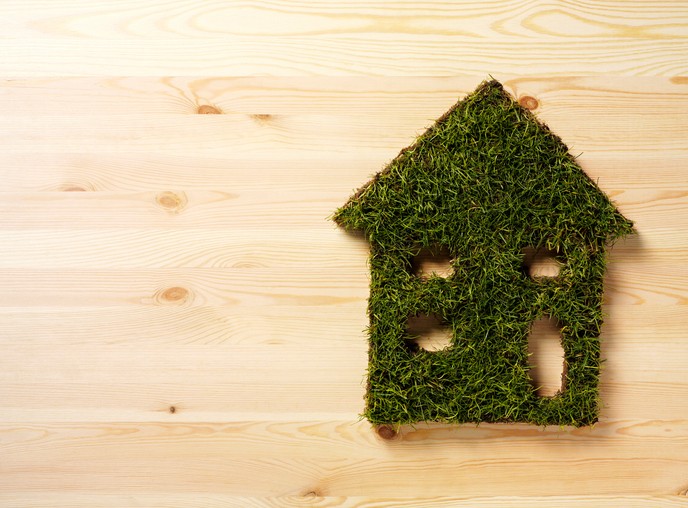IFC, a member of the World Bank Group, awarded PT Ciputra Residence’s Citra Maja Raya with Excellence in Design for Greater Efficiencies (EDGE) Green Building design certification today. The project was officially inaugurated by the Ministry of Public Works & Public Housing, and Ministry of Transportation.
PT Ciputra Residence, a leader in sustainable urbanization in Indonesia, was awarded IFC’s first EDGE Green Building design certification in the East Asia Pacific region in October 2014. Since then, the company has obtained EDGE certification for additional projects and renewed its commitment to develop further green buildings across large-scale integrated township developments like Citra Maja Raya, and developments by its affiliate in Hanoi, Vietnam.
“With more than 130 projects in Indonesia and overseas, we believe building ‘green’ development increases the investment value, provides stability and sustainability, and strengthens the market positioning of our property developments, especially for large scale new projects,” said Budiarsa Sastrawinata, the President Director of PT Ciputra Residence. “We anticipate that green technology will improve and be more affordable due to the economy of scale, and increased involvement from the government will require more green and sustainable features for property projects.”
Indonesia is the fourth most populated country in the world and the fourth largest greenhouse gas emitter, after the United States, China and India. As part of its plans to reduce emissions by 29 percent by 2030, the government is pushing for higher energy efficiency in buildings. The buildings sector is the country’s third-largest final energy consumer after the industrial and transportation sector. It accounts for 27 percent of the total final energy consumption and is expected to rise to 39 percent by 2030.
Unmet housing demand in Indonesia is estimated at up to more than 15 million homes. Given the situation, the Citra Maja Raya project—which covers over 2,000 hectares in the Lebak regency of Banten—will feature the integrated development of more than 100,000 affordable homes and shop houses. With advanced connectivity and access to mass transit, the Jakarta city center is only 90-minutes away by commuter rail line. Other facilities including a sports club, school, and eco park are planned for the future.
“EDGE helps mitigate climate change by encouraging the development of resource-efficient buildings, which also yields significant cost savings over time,” said Azam Khan, the IFC Country Manager for Indonesia, Malaysia and Timor-Leste. “IFC prides itself on being a pioneer in the green buildings space. By promoting new standards, financing mechanisms, and regulations for green construction, we are creating markets and encouraging higher levels of green investment.”
Available in both English and Indonesian, IFC’s free EDGE software helps local developers, builders, and architects make low or no-cost design choices that reduce energy, water, and material consumption by 20 percent. In the last two years, about 30 large projects in Indonesia have either been EDGE certified or are undergoing the process, demonstrating clear impact and early-market creation.
With the support of local partners IFC aims to turn 20 percent of new construction projects (equivalent to 80,000 housing units) into green initiatives in select cities by 2021. This level of penetration will help cut 1.2 million metric tons of greenhouse-gas emissions per year, avoid 500 megawatt-hours of energy use, and save almost $200 million per year by 2021.

